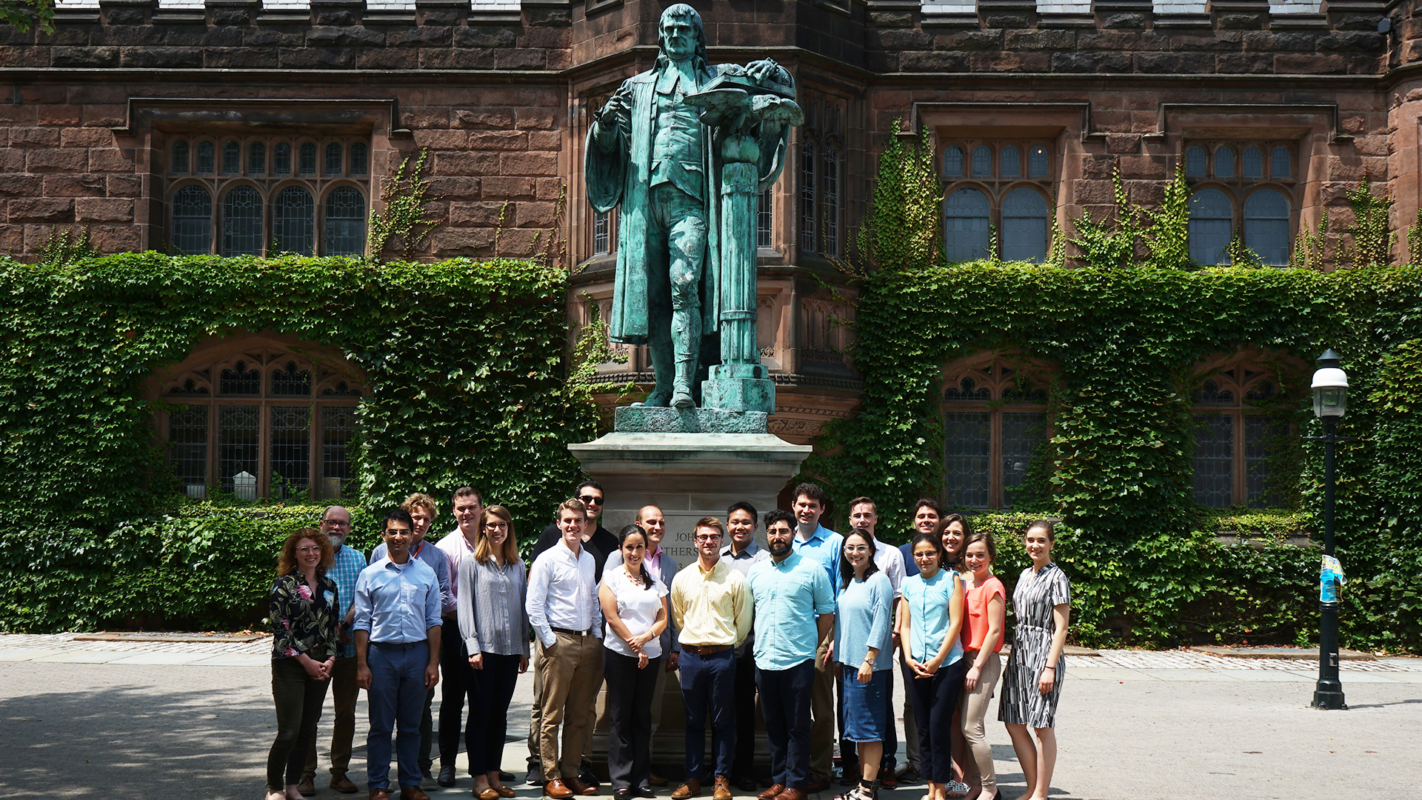In the summer of 2019 the Witherspoon Institute welcomed one-hundred students, from around the country and the globe, to six seminars: Moral Life and the Classical Tradition (two seminars, high school), First Principles (undergraduate and graduate students), Natural Law and Public Affairs (undergraduate and graduate students, young professionals), Moral Foundations of Law (law students), and the Thomistic Seminar (graduate students).
These seminars now receive far more applicants than we can admit, and some seminars have become highly selective, accepting only a small fraction of the applicants.
Two participants of First Principles described their experiences of the seminar:
At the Witherspoon Institute, you will engage with important topics that help shape the way you think and act. [The professors] help instill practical knowledge of love and friendship, as well as help you understand what it means to be a person. You will discover what a liberal education entails, and see how our universities live up to that standard. This seminar series is outstanding and you will be intellectually challenged.
I had a wonderful time at the Witherspoon Institute’s First Principles Seminar. In two weeks, I learned just as much as I would learn over the course of a semester-long class. I believe that I was intellectually stretched farther during the course of these two weeks, more so than I have ever been before. The instructors were incredible. I was able to grasp and continue the conversations outside of the classroom. Thank you so much to Dr. Snell, Dr. Corey, and Dr. Moreland for their time and preparation for making this summer experience truly incredible.
At Witherspoon seminars, students receive an intellectual and personal formation that allows them to return to their institutions with fresh eyes and a clearer vision, renewed by their experiences of genuine friendship and the challenging study of the great thinkers of the western tradition.
As Candace Vogler, professor of the Thomistic Seminar, observed about the timeliness of bringing analytic philosophers into conversation with Aquinas when discussing practical reason, we live in an extremely “fractious” and divided society. However, “if we can have a sense of how people are reasoning, there’s some possibility that we can begin to have a sense of where we can find common ground.” She continues:
I’m in a country where I don’t agree with a lot of my fellow citizens, where it is difficult to think about how we can have reasoned disagreements in a way that is respectful and civil. One of the nice things about studying practical rationality is that it reminds us that we have this common share of reasoning that opens up the possibility of finding common ground with people around me, for learning how to engage with them and talk with them [….] This is incredibly important on university campuses these days; it’s incredibly important in the larger sphere of public life.
According to Vogler, Witherspoon’s summer seminars are “equipping students to carry [this approach] forward in their work: in their research and in their teaching.” We want them to flourish, to live life nobly and well, and to invite others into the project of building a society that supports such flourishing for all.



